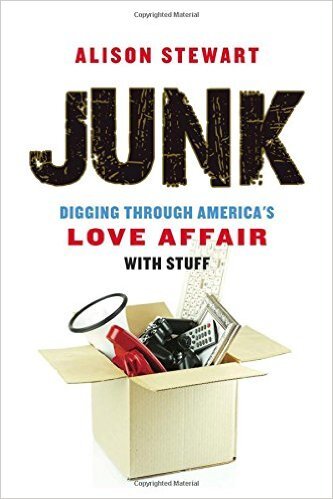
Success is such a personal thing, even when it comes to organizing success. We view and define it differently. Some of us are excessively hard on ourselves and barely allow any acknowledgment of success or progress.
Sometimes we’re so focused on our goal that we rush through the tiny successes along the way, barely noticing them. What I see most often with clients is how overwhelmed, especially at the beginning of a large organizing project, can color their definition and expectation of success. In those situations, “completely done” is what success means to them, and until that happens, they remain in a very negative place. As I said, success is personal. We experience it differently.
What does organizing success look and feel like for you?
While I recognize that we each define organizing success differently, when working with clients, I help them celebrate and acknowledge the small successes along the way. Because let’s be honest. No project gets done in one simple stroke. Projects only get done by working consistently over time, piece by piece, and by changing some habits and behaviors in the process. It’s essential to cheer yourself on, do a happy dance, or shout out some “woohoos!” with each small success. These will help you relive the success and propel you forward for more success. You’ve heard this before, and it’s worth repeating: Success breeds more success.
Remember that organizing success has a range in what it looks like. Here are some recent client and personal organizing successes that have brought about high fives, big sighs, and huge smiles:
Editing a box of old papers
Labeling toy bins
Deciding to let go
Creating a resource list for an organizing project
Decluttering the corner of a living room
Clearing and organizing papers and “stuff” from kitchen surfaces
Packing for an upcoming trip
Preparing tax information for accountant
Unpacking and organizing the last few boxes from a recent move
Editing and organizing child’s clothing closet
Handling daily incoming mail
Hiring an onsite shredding company to shred decades worth of papers
Organizing a pile of papers from the office desk
Making a to-do list for a massive organizing project
Organizing past event papers into accessible files
Seeing donates, trash, and recycling taken away by hauling company
Hiring professional organizer to help with an organizing project
What does organizing success look and feel like for you? I’d love to hear your thoughts. Come join the conversation.









